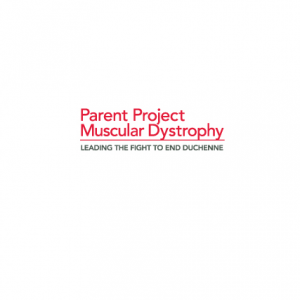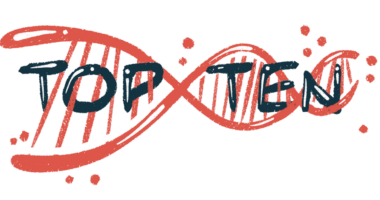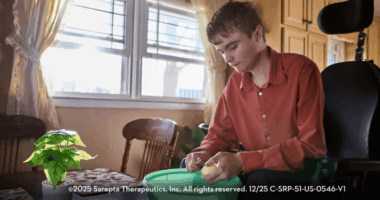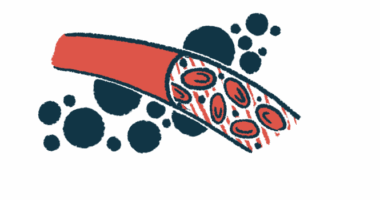PPMD Certifies UI Children’s Hospital As Certified Duchenne Care Center

 Parent Project Muscular Dystrophy (PPMD), a nonprofit organization fighting against Duchenne muscular dystrophy (Duchenne) recently designated the University of Iowa Children’s Hospital (UI Children’s Hospital) a Certified Duchenne Care Center. UI Children’s Hospital is now the 7th center certified by PPMD, and is recognized for its dedication to improving care for those that live with the debilitating disease.
Parent Project Muscular Dystrophy (PPMD), a nonprofit organization fighting against Duchenne muscular dystrophy (Duchenne) recently designated the University of Iowa Children’s Hospital (UI Children’s Hospital) a Certified Duchenne Care Center. UI Children’s Hospital is now the 7th center certified by PPMD, and is recognized for its dedication to improving care for those that live with the debilitating disease.
Duchenne muscular dystrophy is the most common hereditary, fatal genetic disorder, usually diagnosed during childhood, and is estimated to affect one in every 3,500 to 5,000 live male births.
The Certified Duchenne Care Center Program is a part of the Transforming Duchenne Care Initiative (TDCI) that PPMD launched in 2014. More centers will be awarded as qualified Certified Duchenne Care Centers in an effort to ensure that the highest standards are maintained by applying new knowledge, minimizing heterogeneity in clinical investigation results, and complying with what the CDC Care Considerations have established as standards. PPMD firmly advocates that those with Duchenne should receive comprehensive care.
This award emphasizes the relevance of Dr. Katherine Mathews’ work in leading a multidisciplinary team that illustrates the quality of the neuromuscular care available at UI Children’s Hospital.
[adrotate group=”3″]
Kathi Kinnett, PPMD’s vice president, remarked in a press release: “Dr. Mathews has been a long-time friend and advocate of the Duchenne community. She and her team at the University of Iowa were one of the first centers to identify and implement the necessary elements of comprehensive care for children living with this difficult disease. We are so grateful to Dr. Mathews’ team for maintaining their high standards in both research and care, and continuing to find ways to improve the lives of these amazing patients.”
“We are delighted to receive this recognition from PPMD. PPMD is a powerful and tireless leader in promoting improved diagnosis, management and community involvement for individuals with Duchenne and Becker muscular dystrophy. In my years of practice, I have seen impressive improvements in management of these diseases, and I expect this to accelerate as we test an expanding list of potential treatments. Our neuromuscular team looks forward to continuing to work with our colleagues and friends at PPMD to promote all aspects of health and well-being for patients and their families,” concluded Dr. Mathews.






